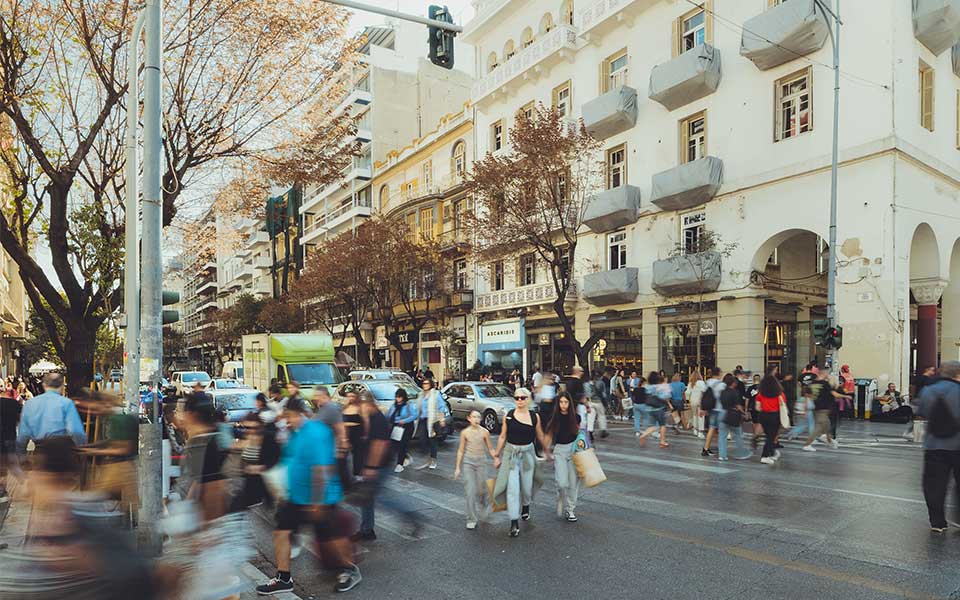Saturday afternoon in Thessaloniki, and the “Northerners’ descent” is evident. From the sidewalks of Tsimiski Street, a human river flows down to the seaside promenade of Nikis Avenue, all the way to the White Tower. This is the Balkan bunch, visitors descending on the Thermaic Gulf for shopping and entertainment. Those with deeper pockets frequent the city’s upscale shops. Others shop at large chain stores or head down busy Egnatia Street, where they can haggle for lower prices. They’re here to buy jewelry and clothing, wedding outfits in particular. If the newlyweds want to be “in” with their social circles back home, their “big-day” attire must be purchased in Thessaloniki. In fact, many Balkan bachelor and bachelorette parties are held at venues near the airport for this very reason.
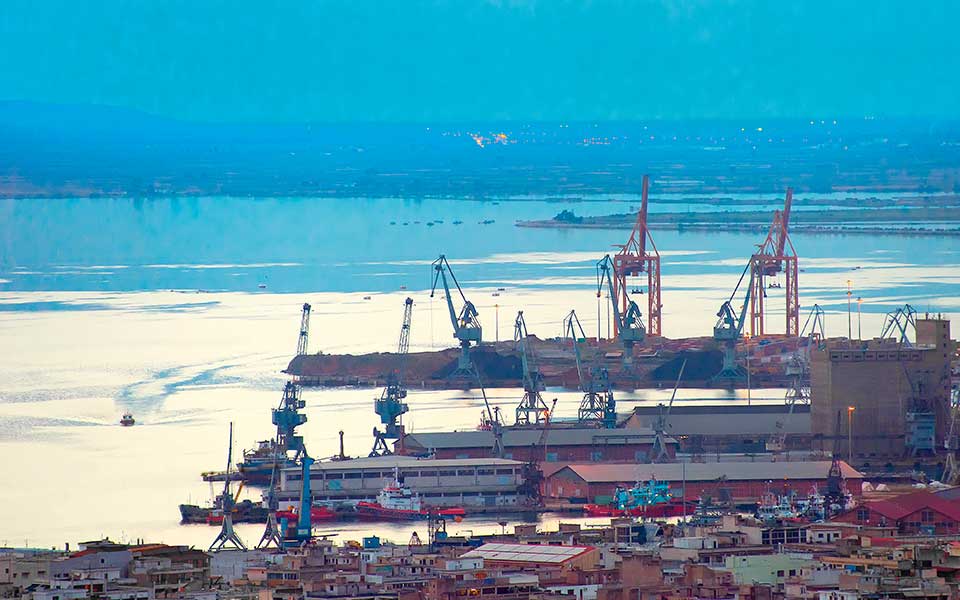
© Shutterstock
They arrive from North Macedonia, southern Bulgaria, Serbia, Albania, Turkey and Romania, by buses or in private cars that park up on the outskirts of the commercial district, parking availability permitting. As soon as the shops close, many begin their journey back home. Not everyone, however: those who can will stay for late-night explorations of the famous nightlife of Thessaloniki, which lasts until dawn. Fresh from their Greek folk dance lessons in Sofia, young Bulgarians show off their skills during the summer months at clubs and seaside bars in Thessaloniki and nearby Halkidiki.
At certain times of the day, and particularly around noon, you can hear all the languages of the Balkans being spoken in the city center. While the city serves the shopping needs of its neighbors, giant ships come and go from the port, where workers load and unload container ships, tanker vessels and bulk cargo holds day and night, moving goods destined for or originating from the Balkans. This Mediterranean harbor, essential to the continued development of its neighboring countries, enables access to the markets of the world. “Our economy would be at risk of suffocation without the port of Thessaloniki,” said Kiro Gligorov, North Macedonia’s first president, to a reporter from the Greek newspaper Kathimerini in the mid-1990s when Andreas Papandreou’s government had imposed a trade and economic embargo on the Republic in the course of the dispute over the naming of the newly formed state. That embargo resulted in a severe shortage of goods and, most importantly, of fuel.
The Western allies deployed 60,000 soldiers and their supplies from this port in 1999 in order to participate in peacekeeping operations during the Kosovo War. The same maritime gateway had been chosen by the Allies for the deployment of military forces on the Macedonian Front during World War I. Geography has endowed Thessaloniki with a port in a crucial geostrategic position; historians claim that this sea access was the most contested prize during the Balkan Wars and that it was a strategic objective much earlier for nations like the Austro-Hungarian Empire.
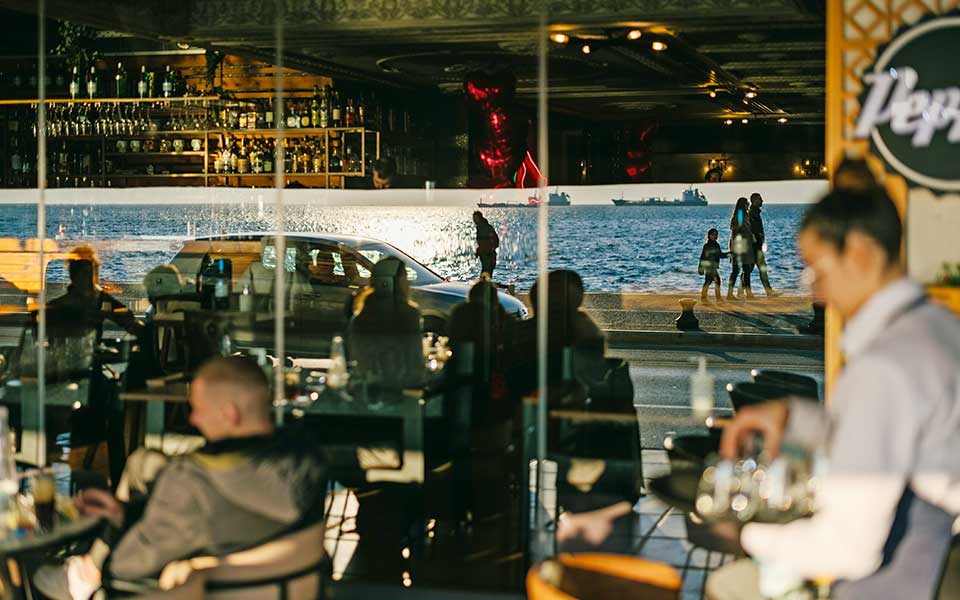
© Angelos Giotopoulos
Changes in the broader region have endowed the city with equal importance during times of peace. With its harbor, markets, natural beauty and strong traces of its age-old multicultural legacy, the city continues to exert a gravitational pull on the people and the economies of the Balkan hinterland.
Visitors returning from Thessaloniki tell stories about its famous cultural treasures, its cosmopolitan cuisine (with strong influences from both the East and the North) and, of course, the exciting nightlife. Because of this, in addition to being a top destination for shopping and entertainment, it has also entered the real estate game. The number of people buying apartments and shops for personal use or as investments is increasing dramatically. Israelis are at the forefront of the real estate boom. Here in the “Jerusalem of the Balkans,” they buy and upgrade old apartment buildings and hotels for commercial purposes, targeting in particular those buildings with historical significance for the Jewish community. What’s more, young people from neighboring countries come to study at private institutions of higher education, and the already successful operation of an English-language section for foreign students at the Aristotle University Medical School is expected to be emulated by other institutions.
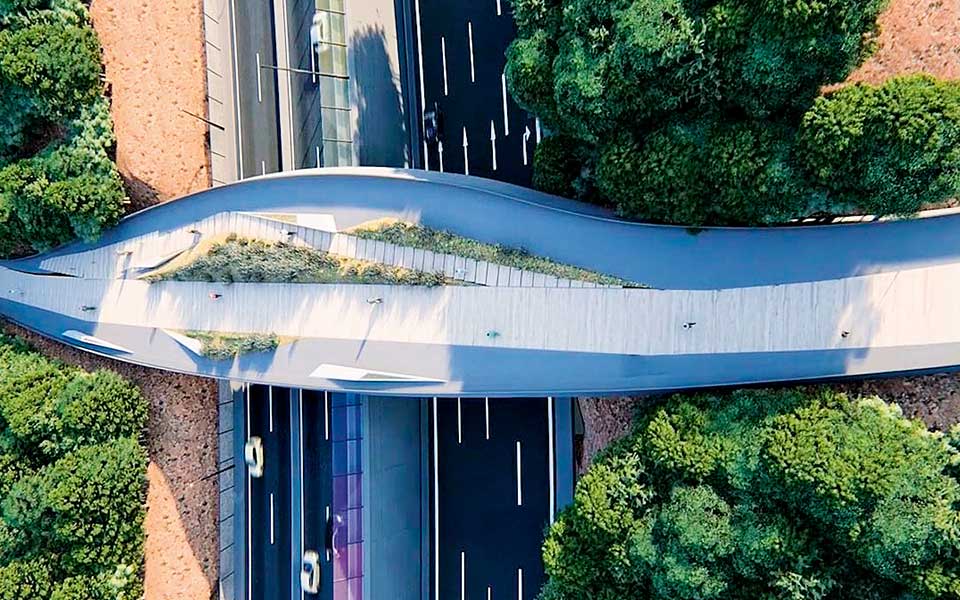
Former mayor Yiannis Boutaris believes Thessaloniki should become more than a destination for entertainment and relaxation. “We must open the doors of our universities to the people of the Balkans. I don’t understand why they should go abroad to study in Cyprus, in the Netherlands or in Turkey when we have private universities for anyone who wants to study here. Or why Thessaloniki shouldn’t become a center for high-quality medical services, so that people from other countries can come here for treatments. Centers and laboratories for new technologies need to be created. The fact that we have outstanding natural assets, good food and great events isn’t enough,” he says.
The city’s power brokers have begun to realize that Thessaloniki’s future should not hinge exclusively upon cafés, exquisite meze, historical food markets and stunning sunsets over the Thermaic Gulf. Nikos Efthymiadis, an entrepreneur active in many fields including agriculture, says that Thessaloniki is seeking a more Western-facing identity, which he believes is in the process of being created. As he puts it, “The timing is favorable, and we need to seize it. Foreign investors view the city positively but, above all, we must capitalize on its significant comparative advantage, the factor that connects every pillar of development in all sectors.” Many see it as a prime investment opportunity, with a focus on research and development in new technologies. In this regard, over the past three years it has succeeded in attracting significant foreign investment from companies such as Pfizer, Cisco, Deloitte and others. Experts continue to emphasize the need for “the city’s innovation ecosystem to attract international talent to harness Thessaloniki’s potential as an international innovation hub as well,” as Theodore Papakonstantinou, a consulting partner at Deloitte, put it in a recent speech.
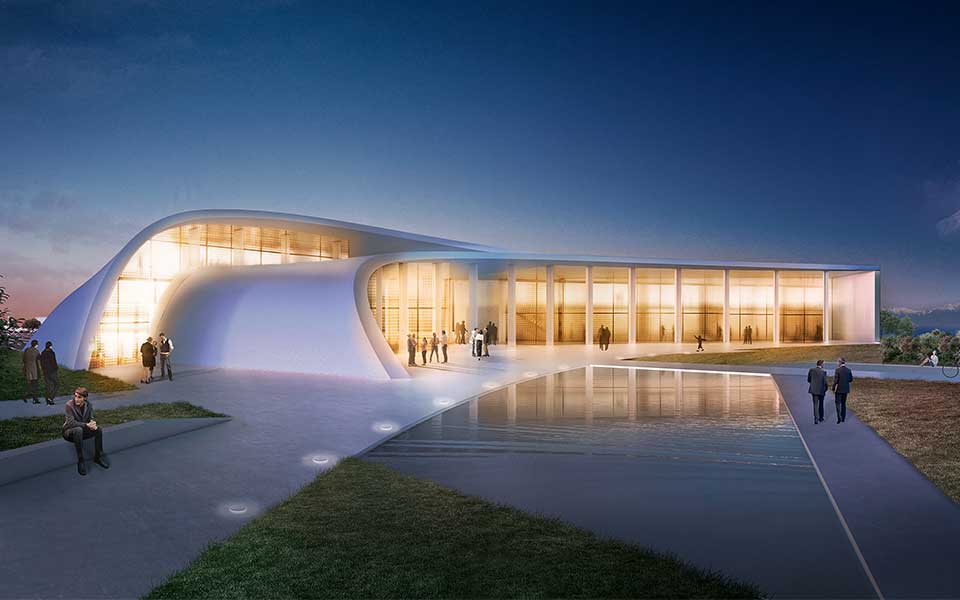
Regional power
The establishment and development of Thess INTEC, a large-scale 4th-generation technology park in the east of the city, aims to link up Greek development initiatives and promote domestic innovation. The prospects for the city are, perhaps, better than ever.
Is Thessaloniki a large Greek city that sees its future in the Balkans, or a powerful European urban center that is pulling the Balkan countries towards the Aegean? Following the collapse of communist regimes in the north, many envisioned it as a potential capital of the Balkans, a role it never assumed, primarily due to weaknesses in Greek foreign policy. Nevertheless, this interaction with neighboring societies has created an atmosphere that allows for the strengthening of relationships between people of different ethnicities. They draw closer to each other in a city that’s historically been a crossroads for cultures, religions, and conflicting economic and military interests. At the same time, Thessaloniki still bears strong imprints of its Byzantine, Ottoman and Jewish past, further enhancing its appeal.
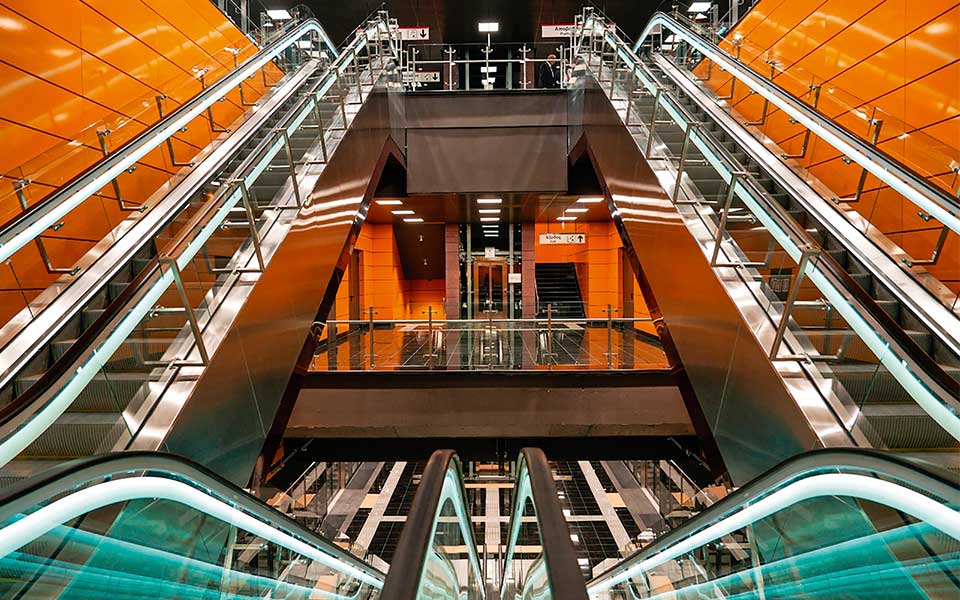
© Konstantinos Tsakalidis
The fluidity of the region makes the city a potent tool for extending Greece’s influence towards the north. Simultaneously, it places Thessaloniki high on the international investment map. The city is expanding primarily towards Halkidiki, which it has almost reached. Significant investments are being made by both foreign and Greek companies even as tourism continues to boom. There is evident wealth and power in the city’s geographic proximity to Halkidiki, Mount Athos, Amfipoli, Thasos, Kastoria (with its 200 Byzantine churches), Florina, Pella, Vergina, Dion, Mount Olympus (the Mountain of the Gods) and the enchanting beaches of Pieria. Thessaloniki sits, both geographically and historically, within a legendary circular constellation created by these sites. The city itself is the central star, shining brighter and brighter.
On the other hand, it doesn’t have powerful newspapers or its own TV channel with an international audience. Without a real media presence, it’s almost non-existent in today’s world of images and dynamic presentation. “Local artists, politicians, entrepreneurs and scientists exist only via Athens,” says Giorgos Skabardonis, a well-known local author.
Thessaloniki’s journey towards the future has begun, propelled by prevailing geopolitical winds. The need to develop its infrastructure in order to support that future is urgent. Despite scandalous delays, the opening of a state-of-the-art metro within 2024 and the construction of a “flying ring road” in the next four years will alleviate traffic problems. The upgraded airport has already provided a huge boost to tourism and travel, and the completion of work on the 6th pier by Thessaloniki Port Authority should see maritime trade skyrocket.
Above all, Thessaloniki seems to have largely shed its historical burdens and fears from the past, which, after WWII, made it seem like a porcupine: a creature that would alternatively attack and retreat, either threatening or shunning its neighbors. Nowadays, it appears increasingly joyful and attractive. If there’s something that many people do notice is missing, it’s someone to take the helm and confidently lead the city on its future journey. However, a search for such leaders has already begun; there are whispers in the corridors of power.

